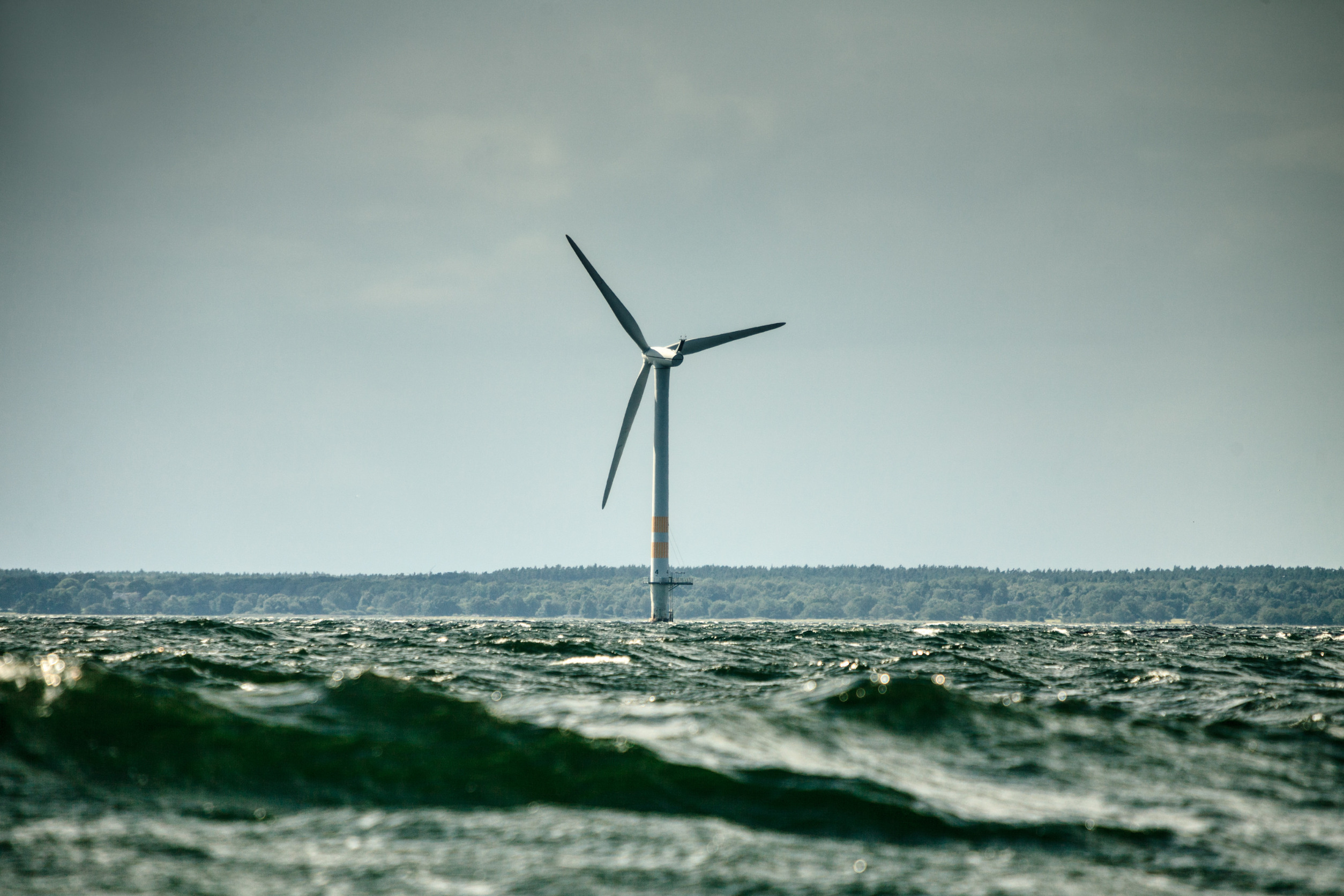
Offshore wind has a cost crisis
By David Wojick
The horrific term “cost crisis” is not from me. It comes down from on high, in this case the mega-conference: US Offshore Wind 2023. Specifically, the “DEVELOPER LEADERS KEYNOTE PANEL” which features this chilling title: “Tackling The Cost Crisis Through Assessing Investment Risks”. See https://events.reutersevents.com/renewable-energy/offshore-wind-usa/agenda
Mind you I could not attend, given the tickets cost $4,000 with schmoozing or a mere $3,000 without. This just shows how gold plated the offshore boom has become.
But now they have a cost crisis. Could the bust be at hand? The evidence is piling up.
Here in America one major developer has agreed to pay $48 million to get out of their power purchase agreement (PPA) because it no longer would pay for the project. That project is now dead in the water because no one will finance a billion-dollar project with no PPA.
Conversely, another project is dead for now because the candidate electric utility rejected the newly proposed (and very costly) PPA. In some cases the existing PPA is with the local State, not a utility. These are obviously subject to political risks as well. Other developers have petitioned their host State for MORE MONEY.
Moreover, many of the projects in the Bidenesque 30,000 MW offshore wind queue have no PPA at this point. They are at deep risk for sure.
The cost crisis is global and here is a telling example that just happened. The giant developer Vattenfall just halted a huge project in the UK. Here is the headline from the offshore wind loving newsletter https://www.offshorewind.biz:
“BREAKING: Vattenfall Stops Developing Major Wind Farm Offshore UK, Will Review Entire 4.2 GW Zone” (Maybe the industry is breaking, as well as the story.)
That is 4,200 MW of projects, about $16 billion worth before the cost crisis, now on ice. Vattenfall is clear about its reasons, albeit with some artful jargon. They say this:
“Higher inflation and capital costs are affecting the entire energy sector, but the geopolitical situation has made offshore wind and its supply chain particularly vulnerable. Overall, we see cost increases up to 40%.”
So there are three converging factors. Higher material and equipment costs, higher interest rates and political resistance. For example it has not gone unnoticed that the House Republicans are trying to roll back the lush subsidies granted under the amusingly named Inflation Reduction Act.
Local resistance is growing as well. The biggest developer offshore America is Ørsted and they are now suing New Jersey’s Cape May County and Atlantic City for withholding local permits needed to bring a big project’s power ashore. Anti-offshore wind demonstrations are becoming a common occurrence in coastal towns.
Of particular interest is the Dominion Energy project off Virginia. This is a huge 5,200 MW, 300 square mile, proposal just 15 miles off the world’s biggest naval base at Norfolk. Unlike the other projects this one is being built by the regulated utility itself, so there is no PPA. Instead the books are open to a degree. This includes some required cost estimates.
Dominion’s pre-crisis cost estimates for the first 2,600 MW were about $10 billion for construction and a bit over $20 billion including financing. The latter is called the “revenue requirement” which means this is the bill their customers will have to pay.
Presumably Dominion will now be required to do new, crisis-laden estimates. If these come in at, say, $14 billion and $28 billion the political reaction could be quite strong. And this assumes things will get no worse, which they easily could. We await with great interest.
Offshore wind has been booming so is this the bust? Time will tell so stay tuned to CFACT as this story unfolds.
Author
David Wojick
David Wojick, Ph.D. is an independent analyst working at the intersection of science, technology and policy. For origins see http://www.stemed.info/engineer_tackles_confusion.html For over 100 prior articles for CFACT see http://www.cfact.org/author/david-wojick-ph-d/ Available for confidential research and consulting.
From cfactl.org